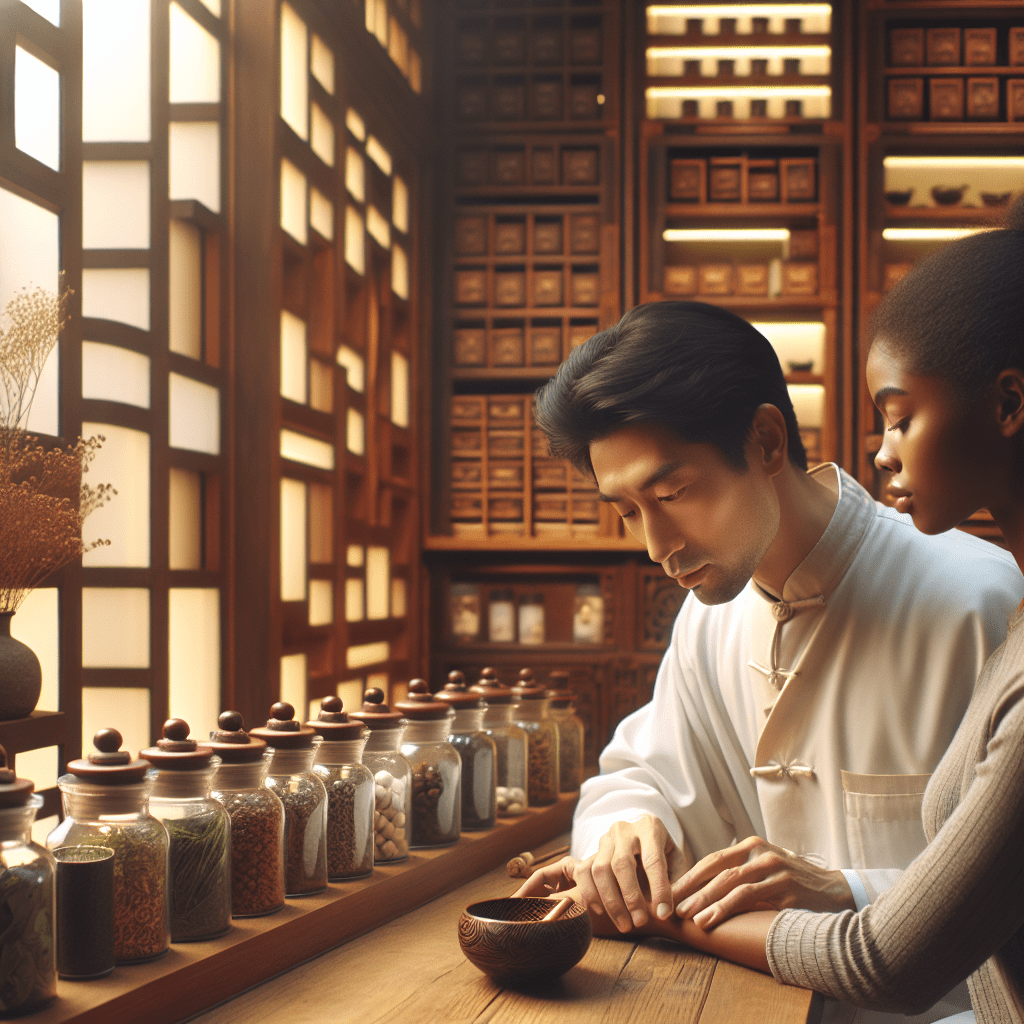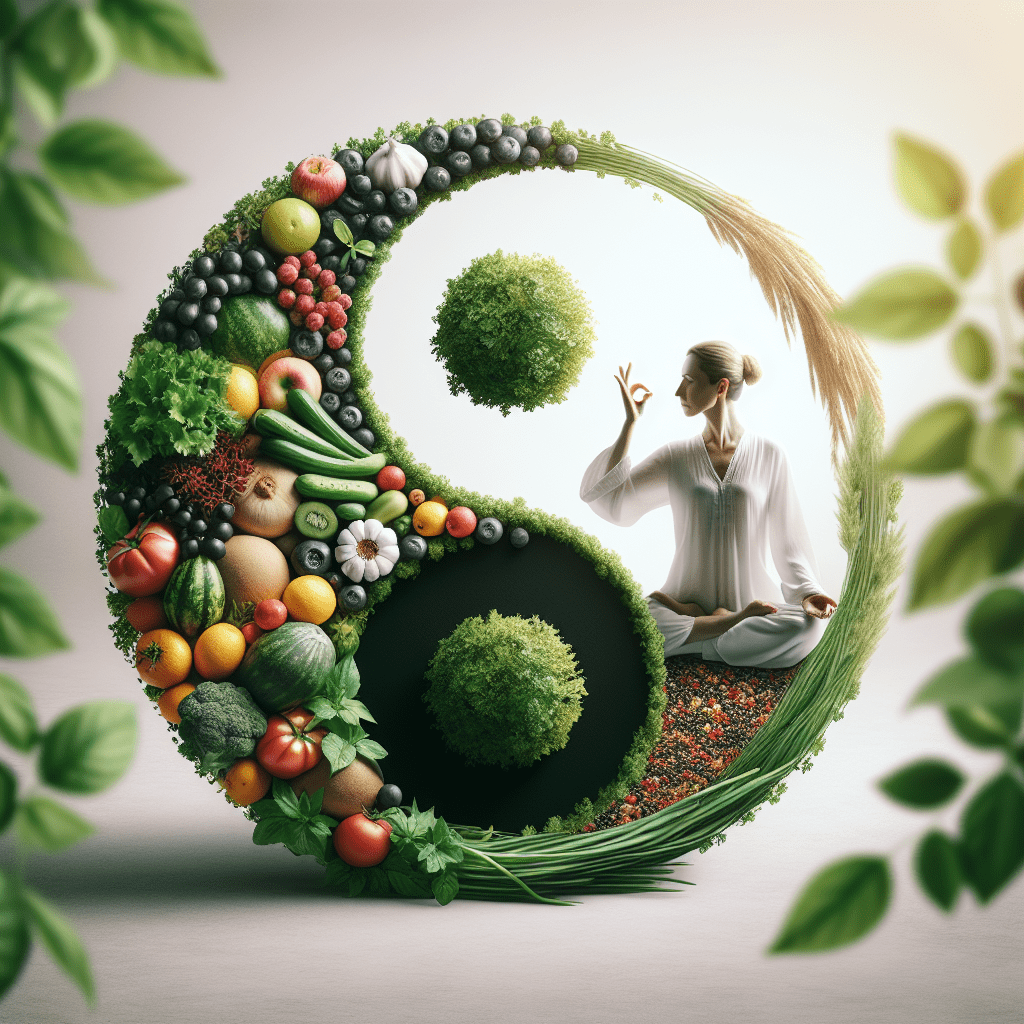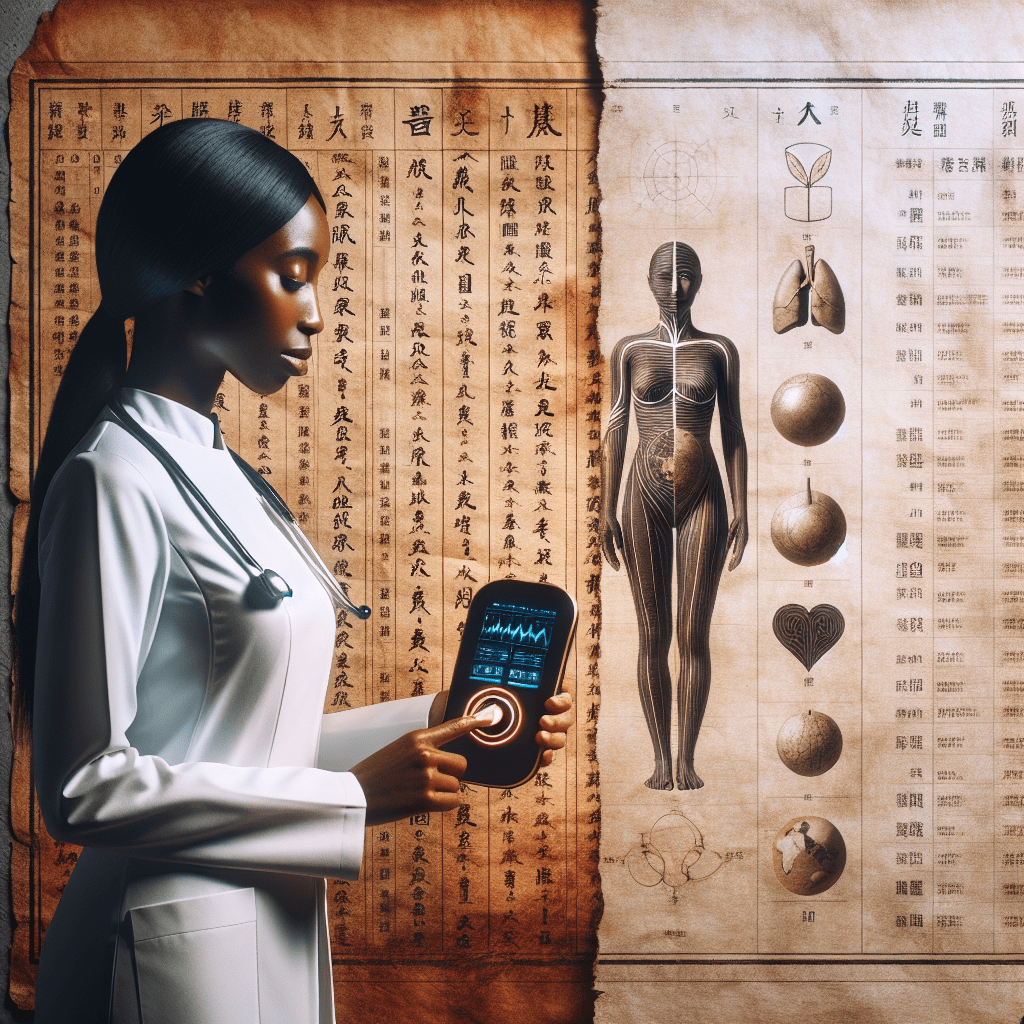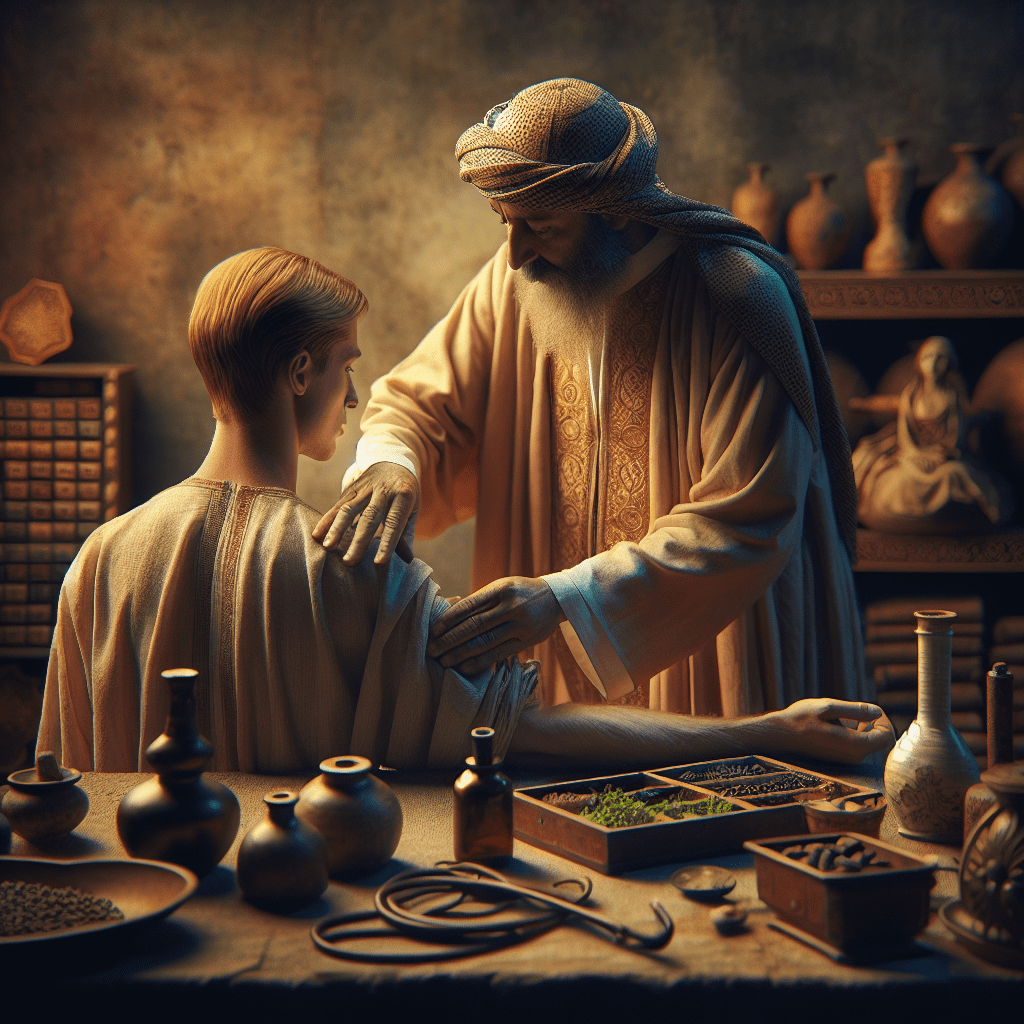Ever wondered why your best friend can happily devour a plate of spicy curry while you break into a sweat after just one bite? Or why certain foods leave you feeling energized while others make you sluggish? The answer might lie in something that’s been around for over 2,000 years – Traditional Chinese Medicine (TCM) Body Typing.
Understanding TCM Body Typing
In the world of Traditional Chinese Medicine, we’re not all created equal when it comes to how our bodies function. TCM Body Typing is an ancient classification system that categorizes people based on their unique structural, physiological, and psychological attributes. Unlike the “one-size-fits-all” approach often seen in modern nutrition, TCM recognizes that each of us has a distinct constitutional makeup.
These body types aren’t just random categories – they’re influenced by both what we inherit from our parents and the environment we live in. Think of it as your body’s unique operating system, determining how you process everything from food to emotions to environmental changes.
According to TCM, there are several main body types, each associated with different organ systems and elements. For example, you might be predominantly a Wood type (associated with the liver and gallbladder), a Fire type (heart and small intestine), an Earth type (spleen and stomach), a Metal type (lungs and large intestine), or a Water type (kidneys and bladder). These elements form the foundation of Five Elements Theory in TCM.
“TCM Body Typing gives us a framework for understanding why individuals respond differently to the same foods, environments, and stressors,” explains traditional Eastern medicine practitioners. “It’s like having a personalized owner’s manual for your body.”
How Your Body Type Affects Your Food Response
Have you ever noticed how some people can eat ice cream in winter without a problem, while others get a sore throat from just a few spoonfuls? That’s TCM Body Typing in action!
Each body type interacts differently with various foods based on the food’s energetic properties and your body’s natural tendencies. In TCM, foods aren’t just classified by their nutritional content but by their nature (hot, warm, neutral, cool, or cold) and flavor (sweet, sour, bitter, pungent, or salty). This personalized approach to nutrition has been fundamental to Eastern medicine for millennia.
For instance, if you have a naturally “hot” constitution (perhaps a Yang-dominant Fire type), spicy foods like chili peppers or ginger might send your system into overdrive, causing symptoms like heartburn, irritability, or insomnia. Meanwhile, your “cold” constitution friend (perhaps a Yin-dominant Water type) might find that spicy meal pleasantly warming and energizing.
Earth types, associated with the spleen and stomach, typically have sensitive digestive systems. They might feel bloated after eating raw, cold foods like salads or ice cream but thrive on warm, cooked meals like soups and stews. On the other hand, Fire types might handle salads better but could feel overstimulated after too much coffee or spicy food.
Understanding your TCM body type can be eye-opening. Sarah, a 35-year-old yoga instructor, shares: “I always wondered why I felt terrible after eating ‘healthy’ smoothie bowls while my husband thrived on them. After learning I’m an Earth type who needs warming foods, I switched to cooked breakfasts and my digestion improved dramatically!”
Environmental Sensitivity Varies by Body Type
It’s not just food that affects different body types uniquely – our environment plays a significant role too. Some people seem to catch every cold going around, while others rarely get sick. Some can’t stand humidity, while others wilt in dry conditions. These varying responses often indicate underlying Yin-Yang imbalances unique to each constitution.
Metal types, connected to the lungs in TCM, often have increased sensitivity to environmental factors like pollen, pollution, or dry air. They might be more prone to respiratory issues like asthma or frequent colds. Water types might be more sensitive to cold environments, experiencing joint pain or frequent urination in winter months.
Wood types can be particularly sensitive to wind and changeable weather, often experiencing headaches or irritability during weather transitions. Meanwhile, Fire types might struggle in hot weather as it can exacerbate their already warm constitution.
“I used to think I was just being dramatic about how much spring pollen affected me,” says Michael, who discovered he has a Metal body type. “Learning about TCM Body Typing helped me understand why I need to take extra precautions during allergy season compared to my family members.”
Recognizing your environmental sensitivities based on your TCM body type allows you to make proactive choices – perhaps using a humidifier if you’re a Metal type in dry winter months, or avoiding too much direct sun if you’re a Fire type in summer.
Stress Response: Different Types, Different Reactions
We all know stress isn’t great for health, but did you know different body types manifest stress in completely different ways? TCM Body Typing provides fascinating insights into why your stress might show up as digestive issues while your colleague gets headaches. This pattern differentiation is a cornerstone of Traditional Chinese Medicine theory.
Earth types often internalize stress in their digestive system – think stress eating, stomach aches, or bloating during tense times. Water types might experience more fear and anxiety under pressure, potentially developing urinary issues or lower back pain.
Wood types tend to get irritable and may develop eye problems, headaches, or muscle tension when stressed. Their liver energy becomes stagnant, leading to frustration and sometimes anger. Fire types often experience heart palpitations, insomnia, or anxiety when under pressure, as stress directly impacts their heart energy.
“Understanding how stress uniquely affects each body type allows for more targeted stress management techniques,” notes TCM practitioners. “For a Wood type, movement and stretching might be essential stress relievers, while an Earth type might benefit more from stable routines and comforting practices.”
James, a Wood type who works in finance, found this knowledge transformative: “I used to try meditation for stress, but it just made me more antsy. Learning that my Wood type needs physical movement to process stress, I switched to running and felt immediate relief. Not all stress management techniques work the same for everyone!”
Dietary Therapy: Finding Harmony Through Food
The ultimate goal of dietary therapy in TCM is to maintain harmony between you and your environment. Rather than following trendy diets, TCM Body Typing suggests aligning your food choices with your constitutional needs, the current season, and any imbalances you’re experiencing.
For Earth types, the focus is often on easy-to-digest, warming foods that strengthen the spleen and stomach. Sweet potatoes, rice, ginger, and moderate amounts of meat can be beneficial, while cold, raw foods might be minimized.
Metal types benefit from foods that support lung function and immunity, like white foods (pears, radish, almonds) and slightly pungent foods that help distribute energy throughout the body.
Water types thrive with foods that nourish kidney energy, including dark foods (black beans, blueberries), some seafood, and warming spices that help combat their tendency toward coldness.
Wood types do well with sour foods that support liver function (like lemon and vinegar) and plenty of green vegetables, while avoiding excess alcohol which can stress their liver system.
Fire types benefit from cooling foods like watermelon, cucumber, and mint that help moderate their naturally warm constitution, while limiting stimulants like coffee and alcohol.
“When you eat according to your TCM body type, you’re not just feeding your body—you’re nourishing your constitution in a way that promotes deep harmony and resilience,” explains Eastern medicine experts.
The Dynamic Nature of Body Types
An important aspect of TCM Body Typing that’s often overlooked is that your constitution isn’t set in stone. While you have a baseline body type, it can shift and change throughout your life due to aging, lifestyle choices, major life events, or chronic health conditions.
Someone who was primarily an Earth type in their youth might develop more Water type characteristics as they age. Or a predominantly Wood type person might develop Metal imbalances after living in a polluted city for years.
This dynamic nature makes regular self-assessment valuable. The foods that worked perfectly for you in your 20s might need adjustment in your 40s. The stress management techniques that once brought relief might need to evolve.
Lisa, a 50-year-old teacher, shares: “As I entered perimenopause, my usual eating patterns stopped working for me. Consulting with a TCM practitioner helped me understand how my body type was shifting, and how to adjust my diet to support this new phase.”
This flexibility is actually one of the strengths of TCM Body Typing – it recognizes that health is not static but a continuous journey of adaptation and balance.
Blending Ancient Wisdom with Modern Technology
The principles of TCM Body Typing have guided health practices for thousands of years, but they’re far from outdated. In fact, they align beautifully with modern understanding of personalized nutrition and individualized medicine. The integration of Digital TCM approaches is bringing this ancient wisdom into the modern era.
At HerbalsZen, this integration of ancient wisdom and cutting-edge technology forms the foundation of our approach. Our EASTCHI AI platform harnesses the traditional knowledge of TCM Body Typing and combines it with sophisticated artificial intelligence to create truly personalized wellness recommendations.
By analyzing your unique constitution through the lens of Five Element Theory, EASTCHI AI can help identify your predominant body type and provide customized nutrition plans and lifestyle suggestions that work with your natural tendencies rather than against them.
This isn’t about replacing modern nutritional science – it’s about enhancing it with a time-tested perspective that recognizes human individuality. While conventional nutrition might tell you how many grams of protein you need based on your weight, TCM Body Typing adds the crucial dimension of how your unique constitution processes different foods.
In today’s world where personalization is increasingly recognized as the future of health, TCM Body Typing offers a sophisticated framework that has been perfecting personalized recommendations for centuries.
Understanding your TCM body type isn’t just fascinating – it’s practical. It explains why your friend thrives on raw salads while you feel better with warm soups. It clarifies why certain environments leave you drained while others energize you. And most importantly, it empowers you to make choices that work with your natural constitution rather than fighting against it. The connection between physical symptoms and emotional states becomes clearer when viewed through this constitutional lens.
Whether you’re looking to improve digestion, boost energy, manage stress more effectively, or simply understand your body better, exploring TCM Body Typing could be the missing piece in your wellness puzzle. After all, the most effective health approach is one that’s tailored specifically to you – not to your friend, your favorite celebrity, or the latest trend.




